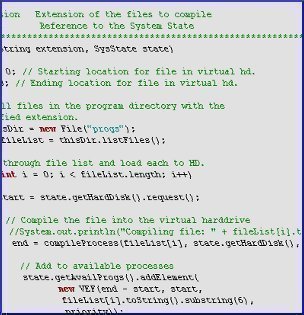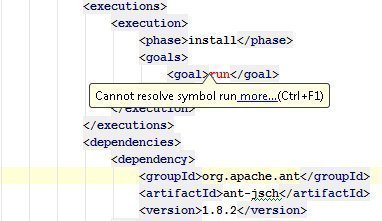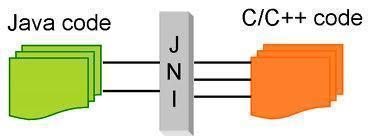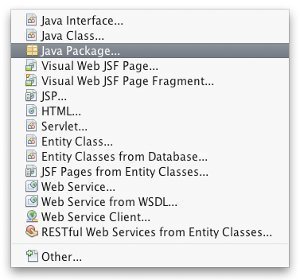Java does not directly support constants. However, a static final variable is effectively a constant.
The static modifier causes the variable to be available without loading an instance of the class where it is defined. The final modifier causes the variable to be unchangeable.
Ex: public static final int FOUNDING_YEAR = 2001;
Naming Standards for Java Constants
Although these aren’t syntactical rules, they are widely used as accepted conventions.
- Java constants are normally declared in ALL CAPS.
- Underscores normally separate Words in Java constants.
Sample Java Constant Declaration
public class MAX_UNITS {
public static final int MAX_UNITS = 25;





Jinal
Is it necessary to write static while declaring constant?
if we only prefix ‘final’ modifier, then doesn’t it mean the variable is constant?
Why only final is not enough? Why static is required with final to make constants in java?
Will.Spencer
You can skip ‘static’, but then your variable will only be available when you load an instance of the class where it is defined. If you always load an instance of that class, you should be fine.